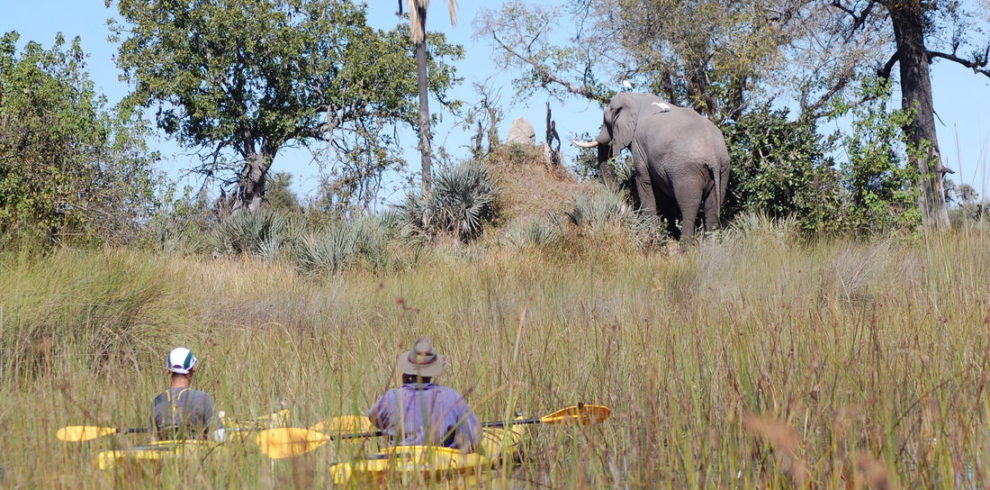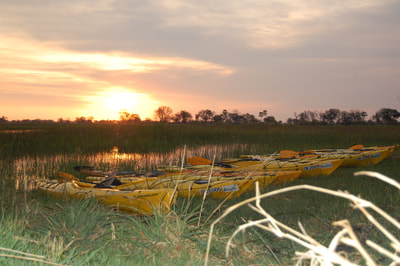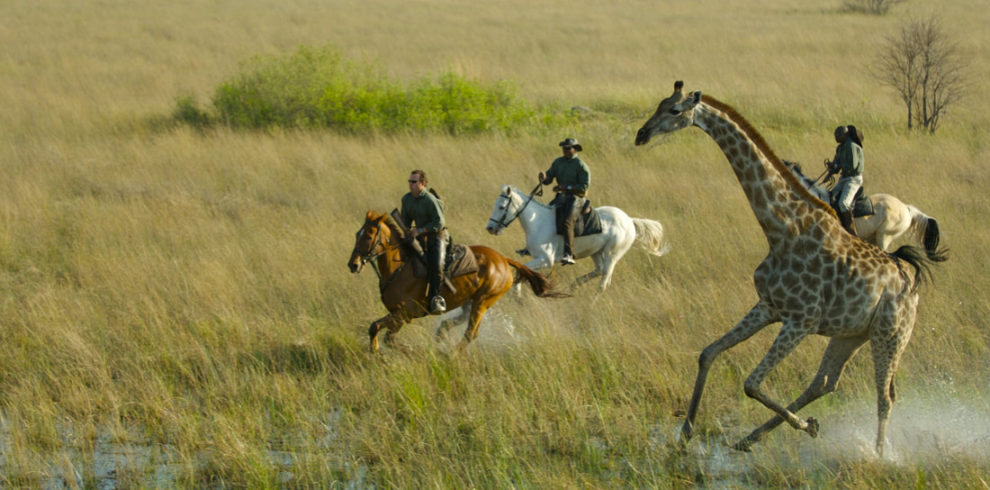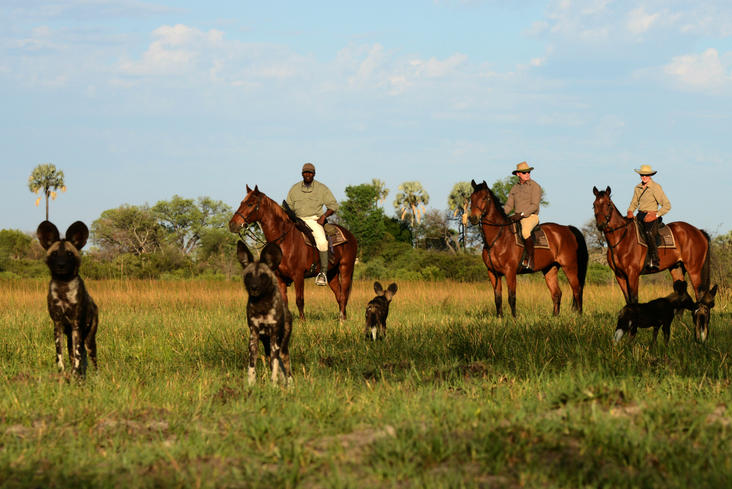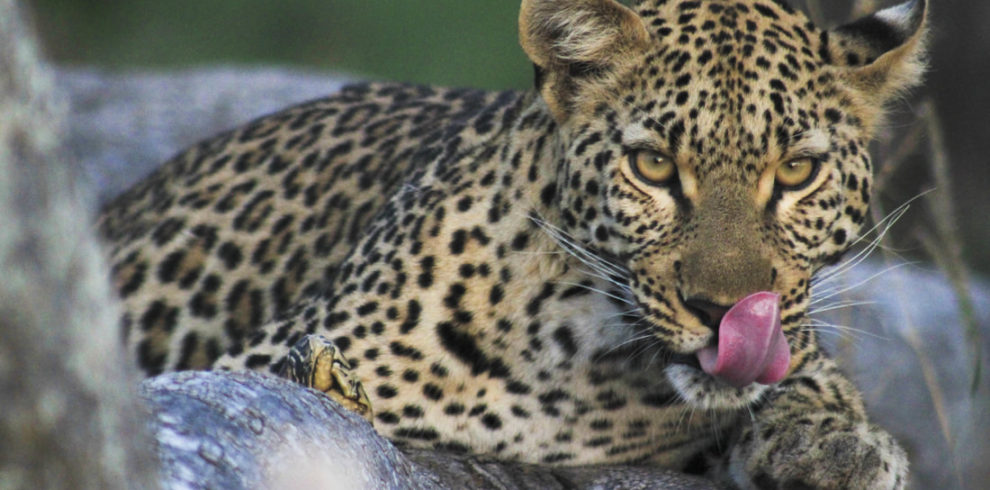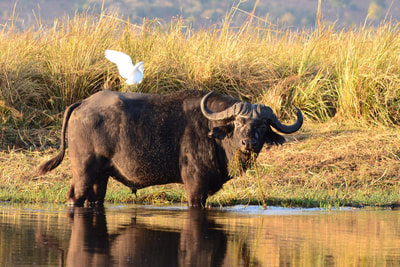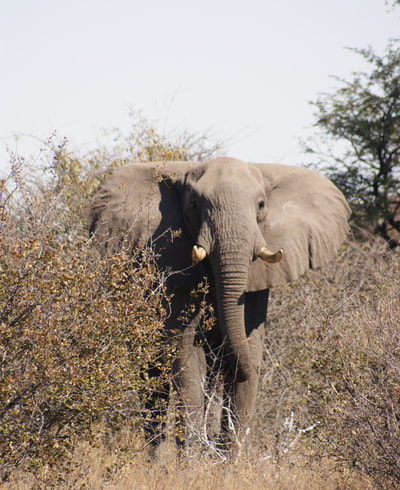Botswana
It is easy to see why people choose top adventure holidays in Bostwana.
Botswana inspires people with incredible landscapes and magnificent beauty. Making Botswana an unique, unparalleled destination, perfect for an adventure of a lifetime.
Home to the semi arid Kalahari Desert with its dried salt pans, the famous Okavango Delta and its flood waters, and “Africa’s last eden,” Botswana is a country blessed with diversity. Superb wildlife roams its land. It’s easy to get lost in endless plains and immerse in breathtaking views. Experience exceptional isolated luxury accommodation located in the vastness of the African bush.
Fishing
Through our land based trips, world famous live aboard trips, and our freediving and spearfishing school located in Zanzibar, we cater for all levels of fishing; experts, intermediate, and beginners. Explore our amazing destinations and allow us to create a fishing trip of a lifetime for you, your family, and your friends.
Horseback Safaris
“A man on a horse is spiritually, as well as physically, bigger than a man on foot”
John Steinbeck
Have you ever considered discovering Africa from the back of a horse? We offer fabulous horse back safaris along the hills, valleys, plains, and riverbeds of Namibia, Botswana, and South Africa.
Few means of transport can bring you closer and make you feel more connected to your surroundings than horseback riding. Be fully immersed in the stunning scenery and wildlife of these countries and ride for a morning, an afternoon or even an entire week. This is one very unique way to experience the awesome landscapes and wildlife of Africa…. on horseback!

- Jan
- Feb
- Mar
- Apr
- May
- Jun
- Jul
- Aug
- Sep
- Oct
- Nov
- Dec
Kayaking
Kayaking is an adventurous way to go on safari and enjoy the wilderness of Africa. It is for people who have an active approach to their holiday, and who enjoy nature and wildlife viewing close up. These expeditions take you paddling through pristine and beautiful areas with no impact on the wildlife and environment around.
Kayaking is the use of a kayak for moving across water. It is distinguished from canoeing by the sitting position of the paddler and the number of blades on the paddle. A kayak is a low-to-the-water, canoe-like boat in which the paddler sits facing forward, legs in front, using a double-bladed paddle to pull front-to-back on one side and then the other in rotation. Most kayaks have closed decks, although sit-on-top and inflatable kayaks are growing in popularity as well.
Kayaks were created thousands of years ago by the Inuit, formerly known as Eskimos, of the northern Arctic regions. They used driftwood and sometimes the skeleton of whale, to construct the frame of the kayak, and animal skin, particularly seal skin was used to create the body. The main purpose for creating the kayak, which literally translates to “hunter’s boat” was for hunting and fishing. The kayak’s stealth capabilities, allowed for the hunter to sneak up behind animals on the shoreline, and successfully catch their prey. By the mid-1800s the kayak became increasingly popular and the Europeans became interested. German and French men began kayaking for sport. In 1931, a man named Adolf Anderle became the first person to kayak down the Salzachofen Gorge, this is where the birthplace of modern-day white-water kayaking is believed to have begun. Kayak races were introduced in the Berlin Olympic Games in 1936.
In the 1950s fiberglass kayaks were developed and commonly used, until 1980s when polyethylene plastic kayaks came about. Kayaking progressed as a fringe sport in the U.S. until the 1970’s, when it became a mainstream popular sport. Now, more than 10 white water kayaking events are featured in the Olympics. While kayaking represents a key international watersport, few academic studies have been conducted on the role kayaking plays in the lives and activities of the public .
Safari - all types
A ‘Safari’ is an overland journey, usually a trip by tourists to Africa. In the past, the trip was often a big-game hunt, but today, the word ‘safari’ often refers to trips to observe and photograph wildlife—or hiking, ballooning, on horseback and sightseeing, as well.
The Swahili word ‘safari’ means journey, originally from the Arabic meaning a journey; the verb for “to travel” in Swahili is kusafiri. These words are used for any type of journey, e.g. by bus from Nairobi to Mombasa or by ferry from Dar es Salaam to Unguja. Safari entered the English language at the end of the 1850s thanks to Richard Francis Burton, the famous explorer.
The Regimental March of the King’s African Rifles was ‘Funga Safari’, literally ‘tie up the March’, or, in other words, pack up equipment ready to march.
In 1836 William Cornwallis Harris led an expedition purely to observe and record wildlife and landscapes by the expedition’s members. Harris established the safari style of journey, starting with a not too strenuous rising at first light, an energetic day walking, an afternoon rest then concluding with a formal dinner and telling stories in the evening over drinks and tobacco.
Brian Jackman once said “Everything in Africa bites, but the Safari Bug is the worst of all”. Get the bug and allow us to help you put an itinerary together of ways to see this incredible continent, by boat, balloon, jeep, sea, on foot or horseback… the opportunities are endless.
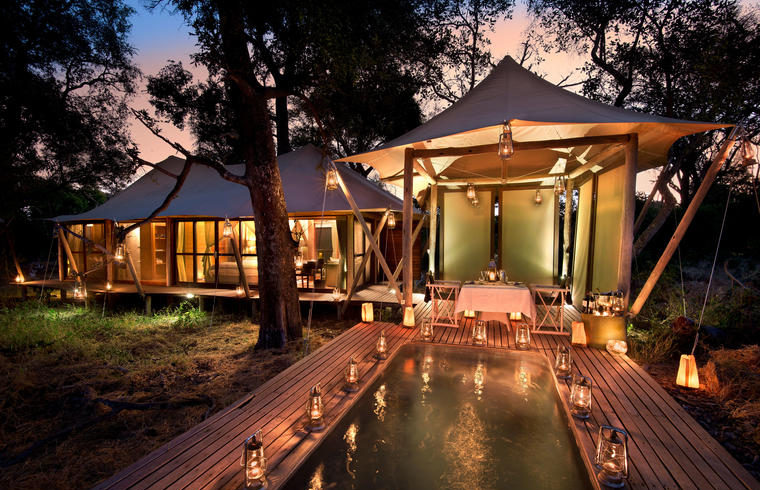
- Jan
- Feb
- Mar
- Apr
- May
- Jun
- Jul
- Aug
- Sep
- Oct
- Nov
- Dec
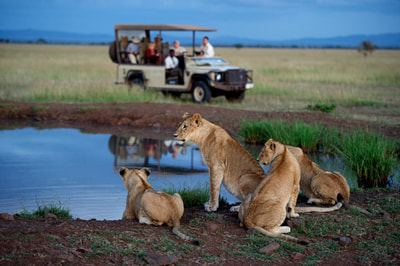
- Jan
- Feb
- Mar
- Apr
- May
- Jun
- Jul
- Aug
- Sep
- Oct
- Nov
- Dec
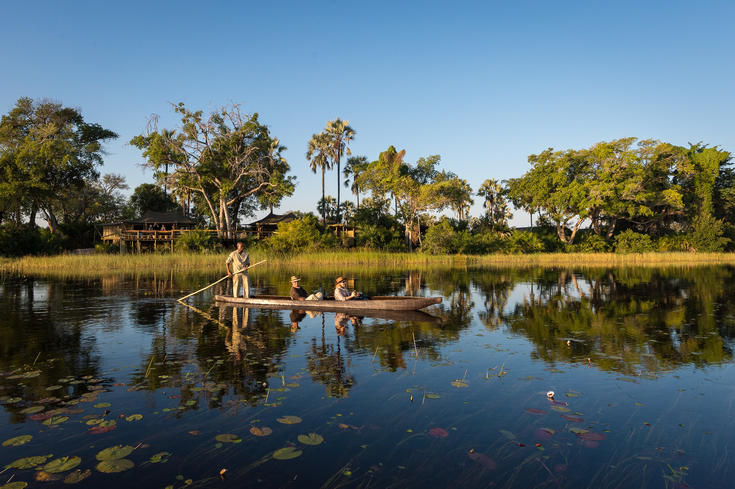
- Jan
- Feb
- Mar
- Apr
- May
- Jun
- Jul
- Aug
- Sep
- Oct
- Nov
- Dec

- Jan
- Feb
- Mar
- Apr
- May
- Jun
- Jul
- Aug
- Sep
- Oct
- Nov
- Dec
WildLife Safaris
“Everything in Africa bites, but the Safari Bug is the worst of all”
Brian Jackman
Nothing quite embodies Africa like its iconic wildlife. From the Serengeti Plains, Ngoro Ngoro Crater, Livingstone Mountains, Maasai Mara National Park, Etosha Pans, Kruger National Park, and countless other national and private game reserves, East and Southern Africa arguably offer the world’s top locations to view African Wildlife.
On the one hand, the boom in wildlife viewing tourism in the area over the past 30 years has resulted in remarkable advances in the quality of accommodation and services provided. From luxury tented camps and lodges to mid range and budget resorts and campsites, East and Southern Africa has accommodation to suit one and all. On the other hand, despite the boom and continuing growth in wildlife tourism in the area, the wildlife areas encompass such large expanses of savannah grasslands and plains, bush, forests, deserts, and mountain ranges that it’s still remarkably easy to get lost.
Come with us and visit this unique and indescribably beautiful part of Africa, where rugged wild beauty meets luxury.

- Jan
- Feb
- Mar
- Apr
- May
- Jun
- Jul
- Aug
- Sep
- Oct
- Nov
- Dec

- Jan
- Feb
- Mar
- Apr
- May
- Jun
- Jul
- Aug
- Sep
- Oct
- Nov
- Dec

- Jan
- Feb
- Mar
- Apr
- May
- Jun
- Jul
- Aug
- Sep
- Oct
- Nov
- Dec

